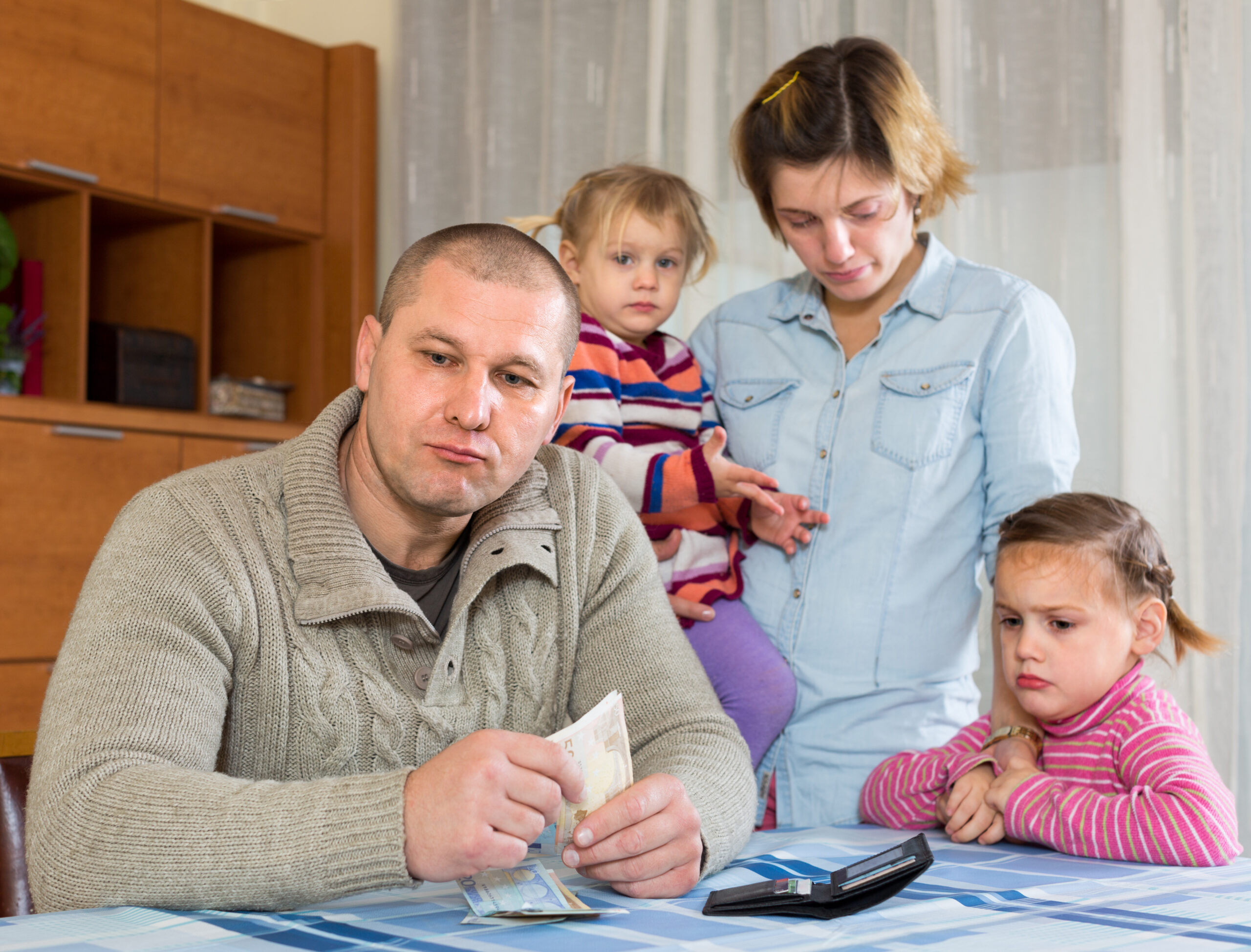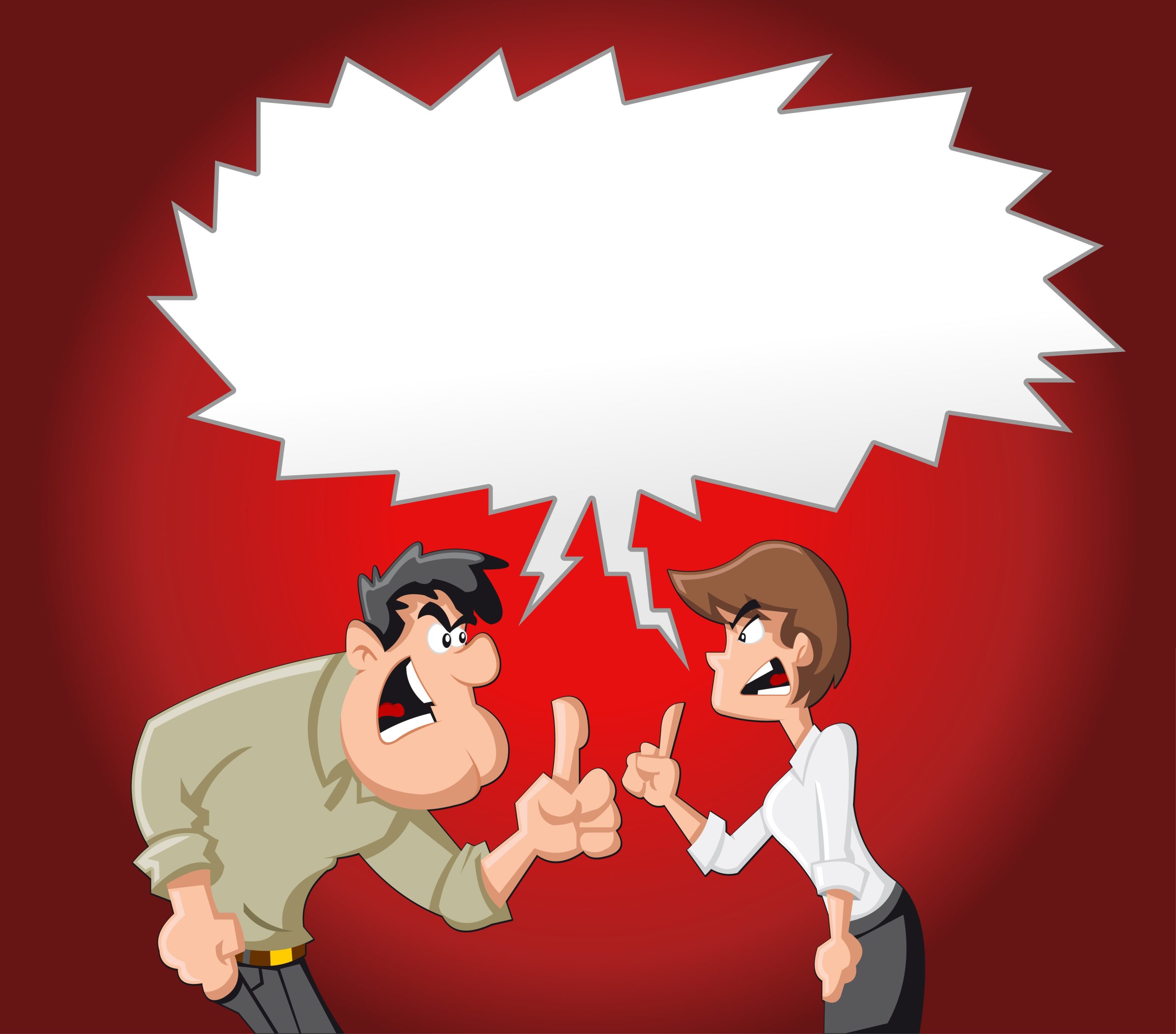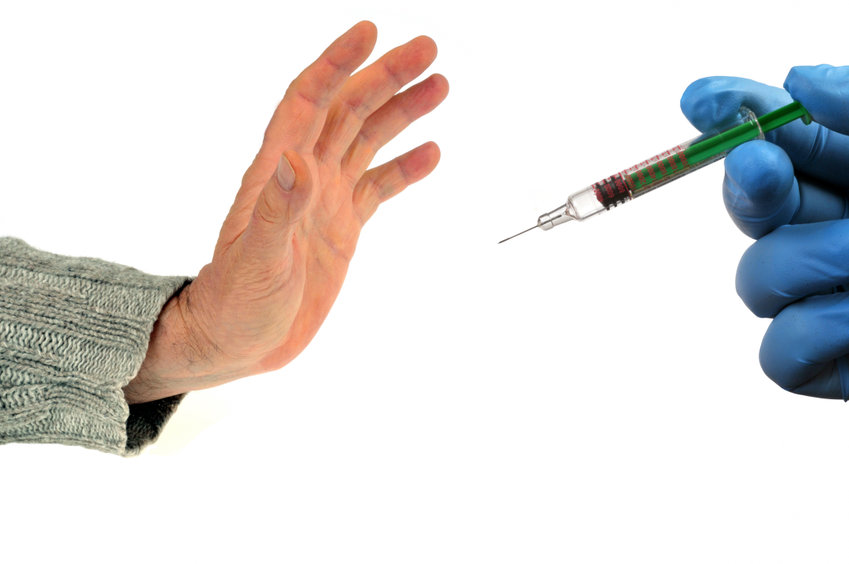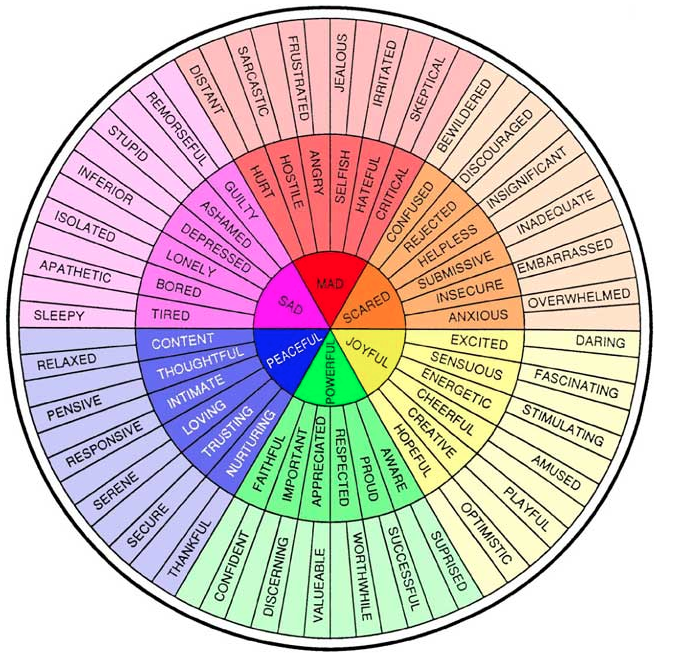When clients don’t want to know… about their core insecurities
In my last blog I stressed the importance of focusing on the meanings people make of the formative events in their upbringing. The meanings that their child-brain make of their experiences is what forms someone’s core insecurities (a.k.a. shame, core negative beliefs, old stories, ….). And those insecurities are the origin of most of our … Read more









